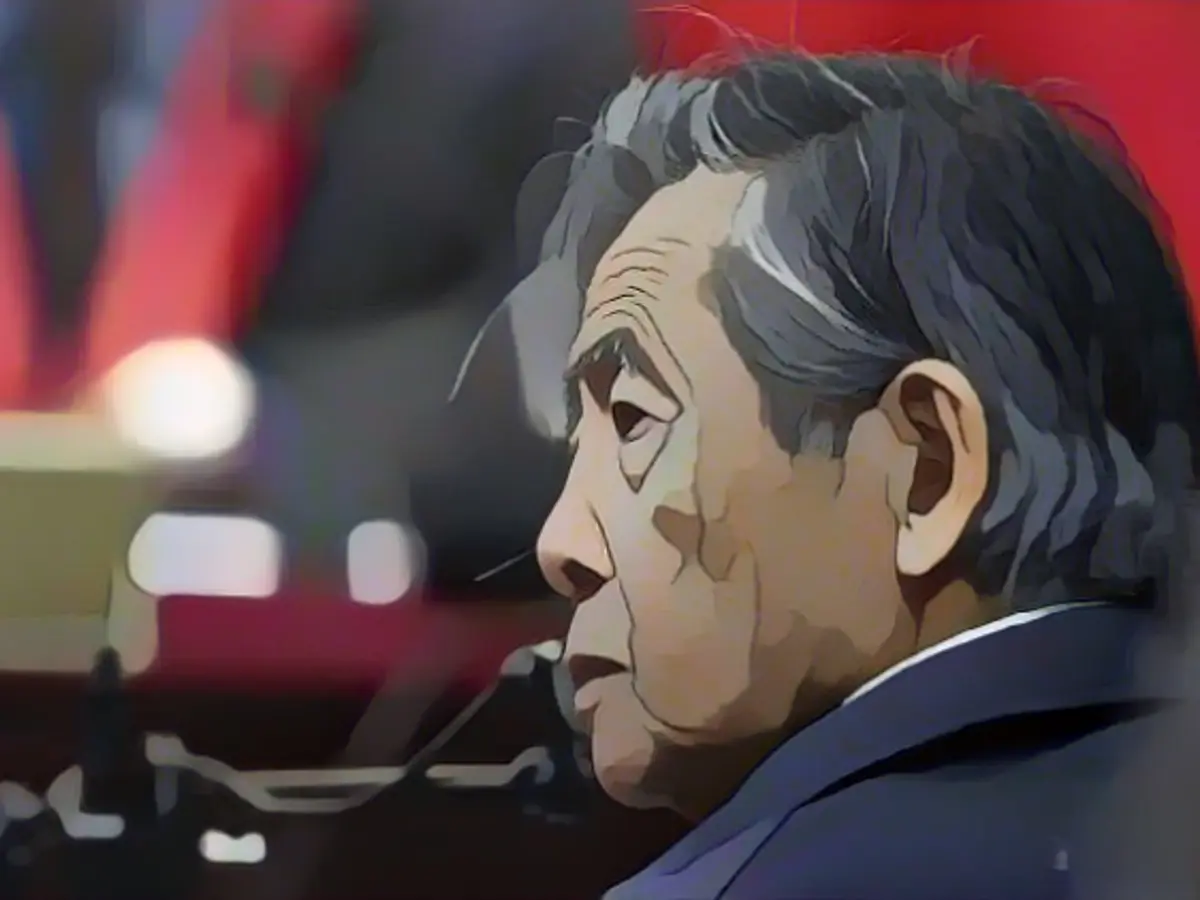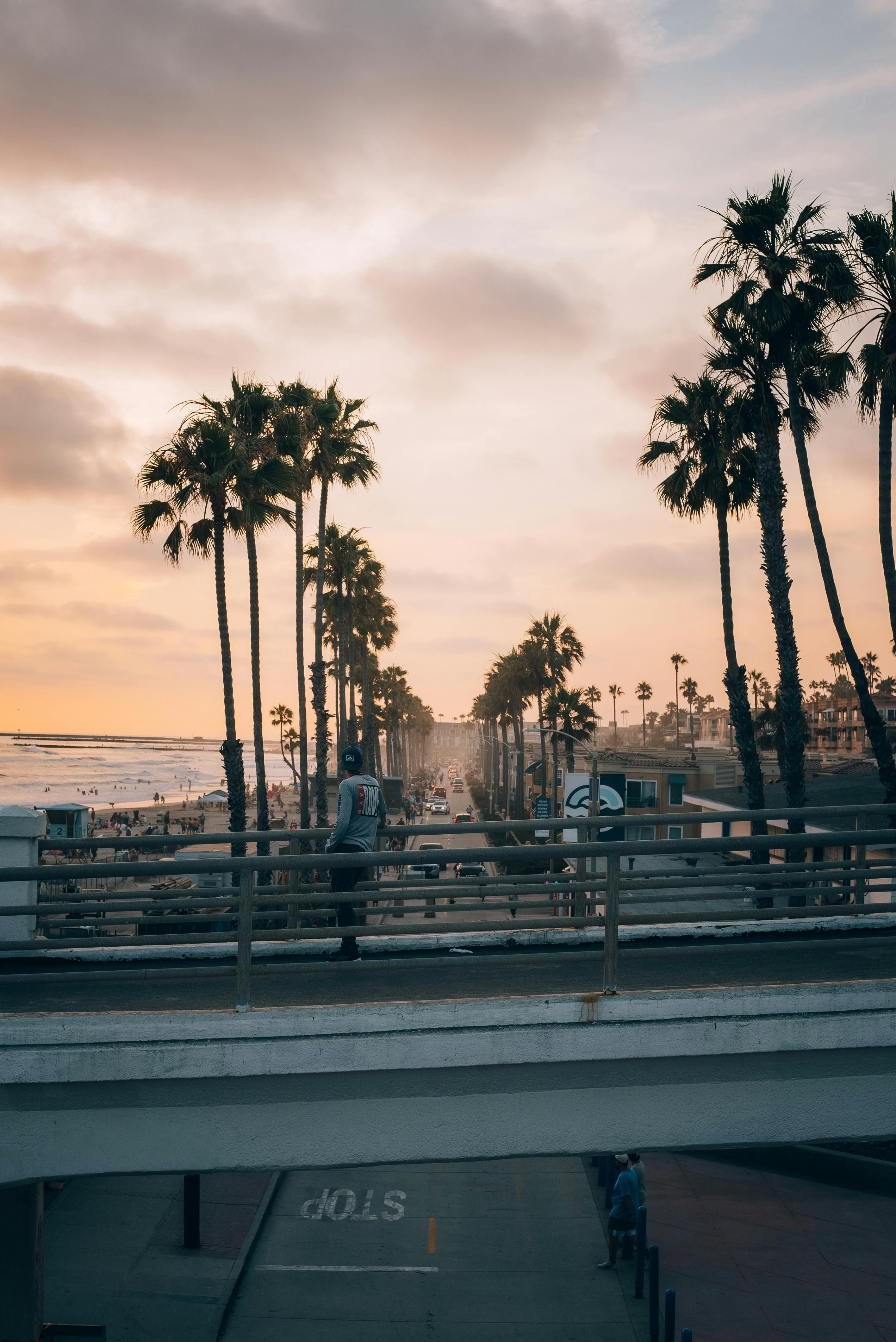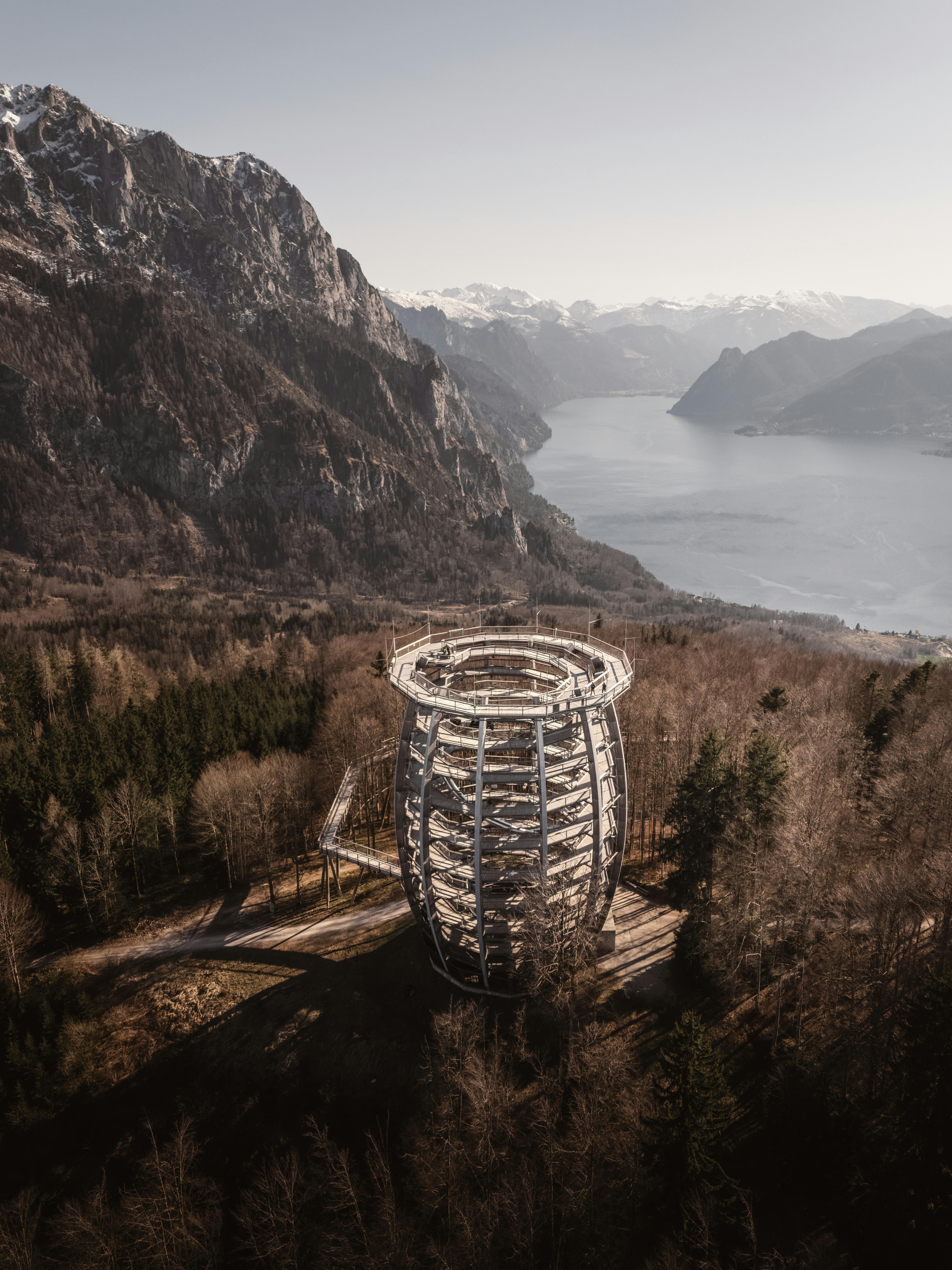Title: The Controversial Release of Peru's Ex-President Fujimori
Dive into the latest twist in Peru's political landscape - the release of its former President, Alberto Fujimori. After serving a decade in prison, Fujimori walks as a free man, following a series of contentious judicial decisions that have split public opinion.
The Pardon Puzzle
Early this year, Peru's Constitutional Court issued a surprising verdict, ordering Fujimori's immediate release. An ex-president since 2009, Fujimori, convicted of crimes against humanity, including involvement in massacres and forced sterilizations, benefited from a revoked pardon granted in 2017 by then-President Pablo Kuczynski.
In a split 4-3 decision, the Constitution Court reinstated this controversial pardon, which was initially withdrawn due to massive protests in 2018. Now, the pardon is once again in the limelight, spurring Fujimori's freedom.
A Troubled Reign
Fujimori's rule, 1990-2000, was characterized by power concentration. During this period, Fujimori implemented massacres by death squads, suppressed left-wing forces, and dismantled the parliament. Over 30,000 indigenous women reportedly endured forced sterilizations, perceived as an obstacle to development.
Health and Hurdles
Fujimori's health battles have added another layer to this ongoing saga. He has grappled with breathing difficulties, neurological problems, and high blood pressure. His frequent hospital transfers from prison have raised questions and fueled the controversy.
Beyond the Fray
- Climate Chaos Unleashed: Our world witnesses a year of unprecedented climate records, making extreme weather events the new norm. Learn more about this unsettling trend here.
- The Looming Islamist Threat: Preemptive arrests underscore the escalating Islamist terror threat. Delve deeper into this topic here.
- Big Business and Climate Change: Oil, gas, and coal lobbyists have made a substantial impact on recent climate conferences. Unravel this complex issue here.
- Climate Change Funding: The UAE pledges a fund for climate projects at COP28. Discover more about this initiative here.
The reinstatement and Fujimori's release have sparked heated debates and widespread criticism in Peru. While the Constitutional Court has ignored the Inter-American Court of Human Rights' orders, Fujimori was freed from Barbadillo Prison in Lima, Peru, on December 6, 2023.
Fujimori's release is not simply a political matter; it is a thorny social and moral dilemma as well. It has fueled intense debate surrounding justice, accountability, and the judiciary's role in upholding human rights.
Enrichment Data Integration:
- Initially, in December 2017, Fujimori was granted a controversial medical pardon by President Pedro Pablo Kuczynski, which was later revoked by the Peruvian Supreme Court in October 2018.
- In March 2022, in a split 4-3 ruling, the Constitutional Court reinstated the pardon, arguing that a pardon, even if unconstitutional, could be granted by the President of Peru. However, this decision was contestable and was eventually overruled by the Inter-American Court of Human Rights on April 8, 2022.
- Despite the Inter-American Court's ruling, the Constitutional Court eventually ordered Fujimori's release on December 5, 2023. The decision was criticized by human rights groups and international bodies, who argued that the disease cited in the pardon may have been diagnosed by Fujimori's personal doctor, not an independent physician. Moreover, the political context suggested a possible quid pro quo arrangement between Kuczynski and the Fujimori family, with Kenji Fujimori's support being instrumental in Kuczynski's impeachment survival attempt in 2017.








